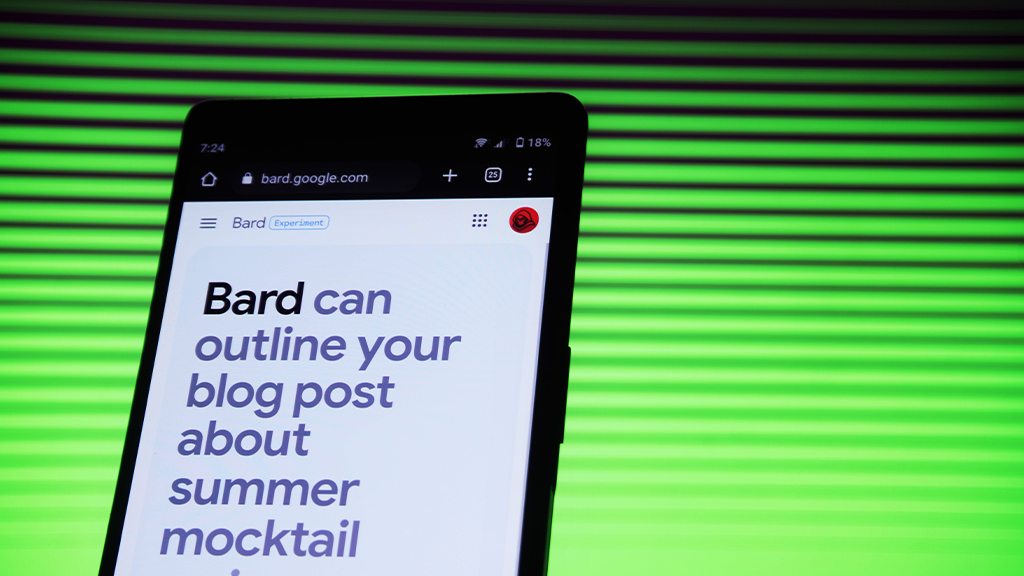If imitation is indeed the sincerest form of flattery, then Google’s flagship AI, Bard, should feel especially pretty after scammers copied a version of the tool and distributed it via Facebook–but not before tweaking it to include malicious software.
According to Lawrence Bonk, contributing reporter for Engadget, the scammers pushed a version of Bard that required a download and was “stuffed with malware”, leading to lost passwords, credit card data, and so on. Google’s own news site, The Keyword, provided a post in which two separate lawsuits were explained, one of which involves the Bard knockoff scammers.
“Our first lawsuit targets bad actors who misled numerous people around the world looking to use Google’s AI tools into unknowingly downloading malware,” writes Halimah DeLaine Prado, General Counsel for Google. “The fraudsters created social media pages and ran ads that encouraged people to “download” Bard, our freely available generative AI tool that does not need to be downloaded.”
Google allegedly delivered over 300 takedown requests over the span of eight months, none of which were successful. As such, Google seeks to put an end to the scam, with monetary compensation taking a backseat in this lawsuit.
“We are seeking an order to stop the scammers from setting up domains like these and allow us to have them disabled with U.S. domain registrars. If this is successful, it will serve as a deterrent and provide a clear mechanism for preventing similar scams in the future,” adds Prado.
Both Prado and Bonk rightfully point out that AI is, at best, a massive unknown for most users, leading to scenarios like this one in which an average Facebook user could easily find themselves faced with notable losses after participating in what they might think is a reasonable download. In the “confusion” of multiple AI tools–some of which are paid and/or can be downloaded, and some of which are free but restricted to a web browser–it’s easy to see how such a scam could be profoundly deleterious.
To reiterate, Bard is not something users need to download, and Facebook is not the place from which people should be accessing Google-related technology in any event. Should Google’s lawsuit prove successful, it will set a helpful precedent for future iterations of this argument–something that undoubtedly will occur.
Jack Lloyd has a BA in Creative Writing from Forest Grove's Pacific University; he spends his writing days using his degree to pursue semicolons, freelance writing and editing, oxford commas, and enough coffee to kill a bear. His infatuation with rain is matched only by his dry sense of humor.










































